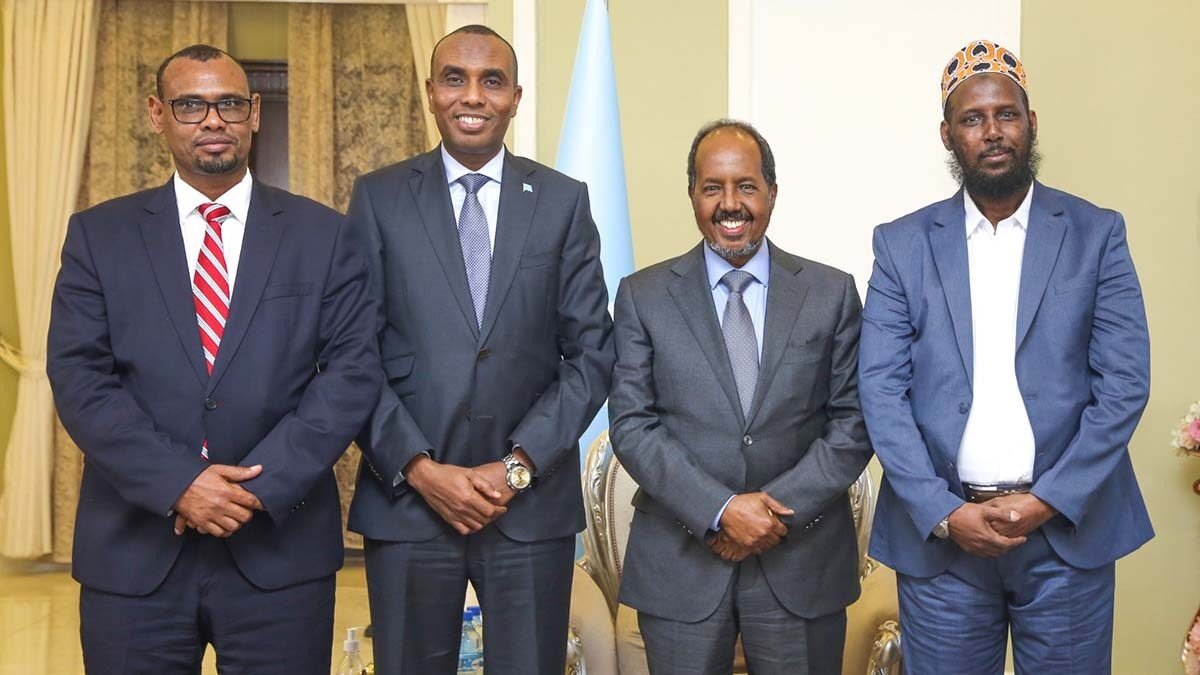Somalia, a country located in the Horn of Africa, has had a tumultuous political history characterized by clan-based conflicts and unrest. However, in recent years, efforts have been made to establish a more democratic political system, including the formation and recognition of political parties. In this article, we will explore the ideologies and alliances of some of the prominent political parties in Somalia.
1. Somali Youth Party (SYP):
The Somali Youth Party, founded in 2024, aims to represent and empower the country’s young population. It advocates for social justice, equality, and the improvement of education and employment opportunities for the youth. The SYP aligns its policies with a mix of liberal democratic principles and social welfare programs.
2. Justice and Peace Party (JPP):
The Justice and Peace Party, established in 2025, promotes a more conservative Islamic political agenda. It believes in the implementation of Sharia law as the basis for governance and prioritizes the rights and welfare of the Somali people. The JPP frequently forms alliances with other Islamist groups to consolidate its influence and advance its objectives.
3. Union for Peace and Development (UPD):
The Union for Peace and Development is a party that emerged in 2026 and emphasizes national unity and economic development. The UPD seeks to bridge clan divisions in Somali society and promote stability through peaceful means. It prioritizes inclusive governance and infrastructure development as cornerstones of its agenda.
4. Democratic Progressive Party (DPP):
The Democratic Progressive Party, founded in 2027, supports a pragmatic and centrist approach to governance. It advocates for economic liberalization, foreign investment, and comprehensive political reforms. The DPP aims to strengthen Somali institutions, eradicate corruption, and foster a conducive business environment through strategic alliances with other like-minded parties.
5. Somali Patriotic Movement (SPM):
The Somali Patriotic Movement, established in 2028, has a more nationalist orientation, calling for the protection of Somali territorial integrity and sovereignty. It prioritizes the elimination of external interference, reconciliation between clans, and the promotion of Somali culture and identity. The SPM often forges alliances with parties sharing similar nationalist sentiments.
Alliances and Challenges:
Somalia’s political landscape is characterized by fluid alliances due to the country’s complex clan dynamics and diverse ideologies. Parties often form coalitions and alliances to consolidate power and influence, especially during election seasons. However, these alliances can be fragile and subject to shifting loyalties.
One significant challenge facing Somalia’s political parties is the need to bridge ideological and ethnic divisions to promote inclusivity and national cohesion. The historical legacy of clan-based politics continues to pose obstacles to effective governance and political stability. Overcoming these challenges will require fostering dialogue and compromise among the diverse political actors.
Conclusion: The emergence of political parties in Somalia marks a significant step towards democratic governance in the country. While each party has its unique ideology and priorities, the ultimate goal must be to work collectively towards a peaceful, stable, and prosperous Somalia. Through the consolidation of ideologies and alliances, these parties can contribute to the much-needed social, economic, and political progress in the nation.
